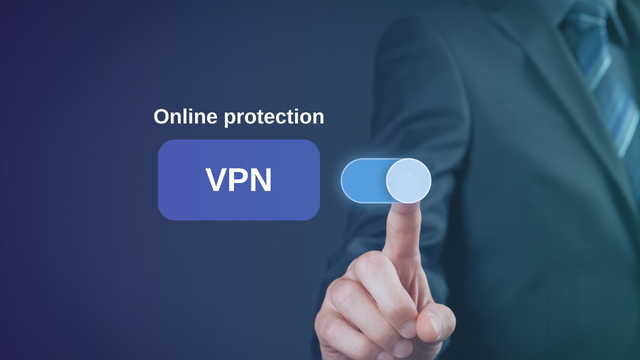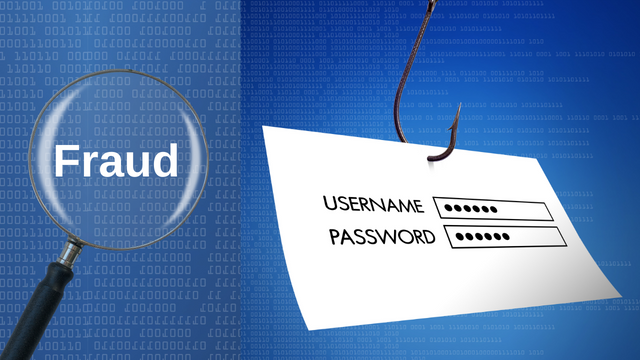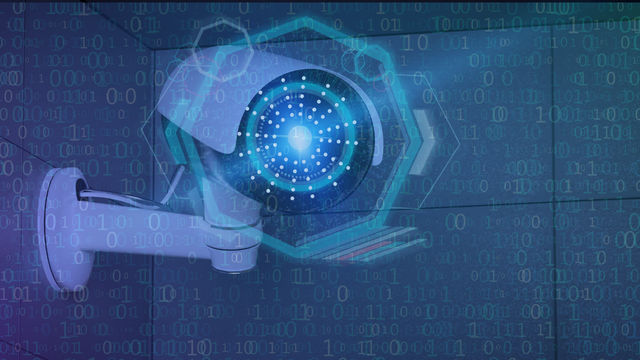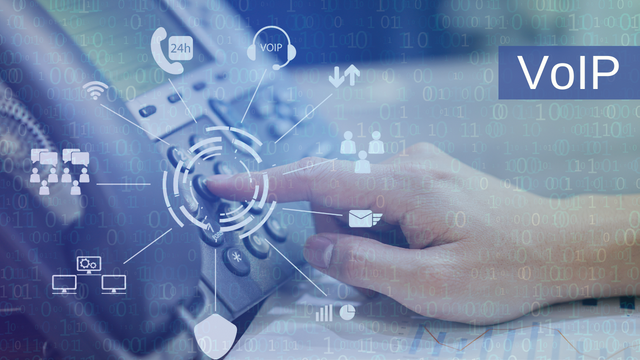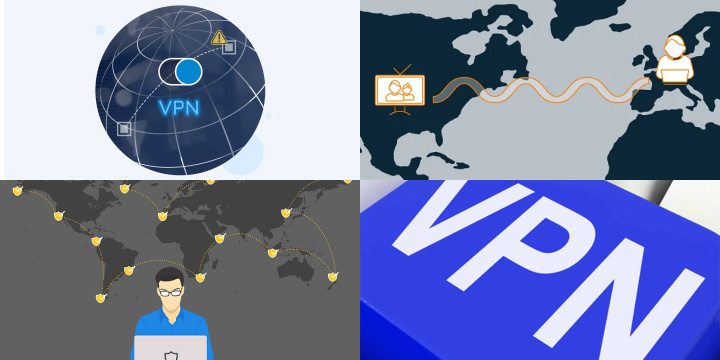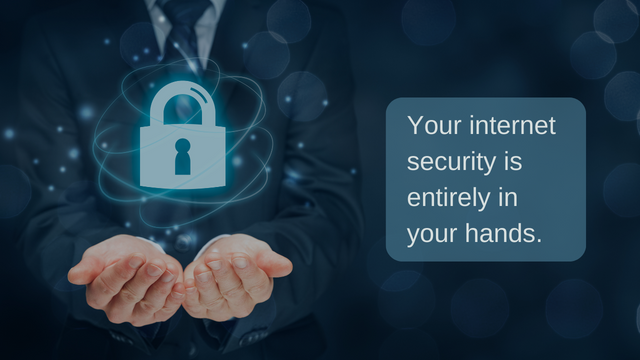A VPN stands for Virtual Private Network is a technology used that involves encryption and secure tunneling for privacy and protecting data when online. It is a user’s IP address it hides, so he/she can surf the Web anonymously.
In a nutshell, you are transferring your data from a plane, by a process of encryption, to an unbreakable code that others can’t decipher.
VPNs can work on devices with different operating systems such as desktop computers, smartphones, tablets, and routers. All your devices will be protected at the same time. So what does a VPN protect you from? Let’s look at 8 key areas where a VPN keeps you safe online.
What are VPNs used for? Exploring Top 8 Safeguards
-
ISP tracking
While you are connected to the Internet without a VPN, the data you are sending is sent in an unencrypted format. This implies that any information you send or receive, including the one provided by the Internet Service Provider, can be viewed by anybody.
ISPs can track and monitor your browsing history, passwords, and personal information without encryption. This information can be sold to advertisers or used to target you with ads. VPN masks IP addresses and helps to avoid online tracking.
-
Malware and phishing attacks
A trustworthy VPN, such as Planet VPN, is an excellent cybersecurity tool. It protects you from pop-up ads and suspicious websites that may contain malware. VPN will conceal your internet activities from anyone on your local network or ISP.
Keep in mind that a VPN will not protect you if malware is already on your computer. VPN can protect your data in transit, but it doesn’t safeguard against all types of threats. Remember also not to give your details to unreliable websites.
-
Intercepting your financial information
In today’s digital age, most of our personal financial information can be found online. While this makes controlling our finances simpler, it also puts us in danger of financial fraud.
VPN encryption protects your financial transactions by keeping important information hidden and inaccessible to cybercriminals. When you use a VPN to connect to your bank’s website or mobile app, all data sent between your device and the bank’s servers is encrypted.
This implies that even if your connection fails, no one will be able to read your financial information.
Don’t forget to use strong passwords, and multifactor authentication and maintain device security along with a VPN.
-
Government Surveillance
Many countries have laws limiting access to specific websites or information. You can visit these websites without being blocked by the authorities if you use a VPN. Government surveillance includes monitoring and collecting data on people’s internet activities, which could harm their privacy.
Wi-Fi is available practically everywhere. Wi-Fi networks don’t require any authentication to access the Internet. This means that anyone can join the network, and if you haven’t safeguarded your data, hackers can access it.
VPNs encrypt your data, making it extremely difficult for hackers to intercept it. It protects users who connect to public WI-FIs, which are usually unprotected. Using a VPN when using a hotel, cafe, or airport Wi-Fi, for example, prevents hackers from accessing your data.
Does VPN protect you from hackers?
A VPN encrypts your connection and can protect your data from hackers, especially on public Wi-Fi. However, it doesn’t shield you from malware, phishing, or software vulnerabilities, so it should be part of a broader security strategy.
-
VoIP calls monitoring
Voice Over Internet Protocol or VoIP is the technology that puts the human voice into an Internet connection instead of a phone line, so you can make calls using the Internet.
VOIP technology is transforming voice data into digital format which can be transmitted on the internet. Computers, smartphones, and other VoIP-compatible devices could be used to make calls through them.
A VoIP call that is not encrypted may also be intercepted and monitored by hackers as well as other malicious entities. VPNs encrypt your VoIP data, which is consequently protected against eavesdropping and hackers.
-
DNS spoofing
DNS Spoofing is a harmful technique that hackers use to re-route internet traffic from the ‘genuine’ to the ‘jailer’ domains. In a spoofing DNS, attackers thwart the DNS resolution process, and users get redirected to a malicious site instead of a reputable one while they are under the impression that they are visiting the genuine site.
VPNs safeguard you from DNS spoofing attacks by encrypting your DNS queries. VPNs help to protect users from DNS spoofing attacks by encrypting their DNS requests.
Your internet traffic goes through secure servers when you use a VPN, and all of your online activity, including DNS searches, is encrypted.
>> You can Check DNS leak.
-
Bandwidth throttling
Bandwidth Throttling is slowing down or limiting internet connection speed. Your ISP or network administrator slows down your connection based on what you’re watching.
Bandwidth throttling can significantly impact the internet experience for users. This technique is frequently used to manage network traffic and improve network performance.
A VPN provider such as Planet VPN prevents this throttling by encrypting your data, making it impossible for ISPs to monitor your usage accurately.
VPNs for Global Content Access
VPNs not only shield users from snoopers, but they are also capable of unlocking global content as well. Understanding how VPNs bypass content blocks and grant access to global content opens up a world of possibilities for users.
Geo-restrictions block certain content based on your location. VPNs bypass these limits by masking your actual IP address and routing your traffic through servers in other regions, making it appear as if you’re browsing from a different place.
Using a VPN enables a user to access content that could be forbidden in the user’s country due to licensing agreements, censorship, or other kind of limits particular to a specific region.
Streaming services in this case also have specific libraries by region which means that using a VPN may increase the size of your collection of all kinds of content, television shows, and movies.
Nevertheless, VPNs may be considered as a measure to resolve the issue of geo-blocking but users should stick to the terms and conditions of the content they are accessing while respecting copyright laws.
Moreover, going for a reliable and reputable VPN service will provide for secure and smooth bypassing of content blocks and global content, allowing for a multi-dimensional and inclusive surfing adventure.
Safeguarding your online presence with a VPN
A VPN is a barrier to your internet connection. It creates a hidden tunnel between your device and the internet. The fundamental function of a VPN is to provide safe access to the internet and to protect your data. Nowadays, VPN has become more than just a security measure.
In other words, VPNs are tools for network privacy, safeguarding of data, and free internet. VPNs, apart from safeguarding you from all online dangers from hackers, and malware but also from government spies or ISP throttling. VPNs create secure tunnels and encryption for your device.
Choosing the right VPN provider
Conduct research firstly, make sure you check reviews, choose a VPN that uses strong encryption, and has no logs policy and you should also opt for the one that has a network of extensive servers.
Planet VPN offers a trustworthy and user-friendly free solution with all the benefits of a paid version, except for fewer servers.
You can download a free VPN by Planet VPN in a few seconds. Your internet security and privacy are entirely in your hands. Act now to ensure a safe online experience.

